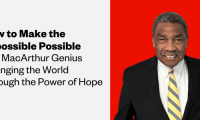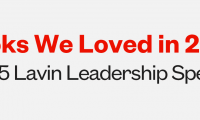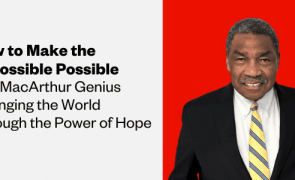We tend to reduce our political opponents to caricatures and stereotypes, a practice that is further reinforced by social media. And though it may feel satisfying to call one another out publicly, the effects could be dangerous. Psychology professors Jay Van Bavel and Dominic Packer investigate for the BBC.
Political polarization may increase voter turnout, but unfortunately, it also leaves us with two deeply disconnected factions of society. In a new article for the BBC, Lavin speaker Jay Van Bavel joins forces with psychology professor Dominic Packer, to explore the effects of this division. First and foremost, we’re not as different as we think we are. Many people, despite their political affiliation, share common values on issues such as child rearing, healthcare, or civic responsibilities. Unfortunately, the similarities are obscured by polarization. We tend to overestimate the proportion of opponents who hold more extreme and unflattering views.
“People can be reluctant to mix with those they assume to be different from themselves. But without these interactions, we lose the capacity for reality checks and to see the humanity in others,” write the authors. “Democracy is built upon on our ability to vigorously disagree but ultimately find sufficient common ground to forge a consensus. If left and right co-operated, societies might be better placed to address challenges in areas like health care, the climate, education, or terrorism.”
Read the full article here.
To book speaker Jay Van Bavel for your next speaking event, contact The Lavin Agency today, his exclusive speakers bureau.















